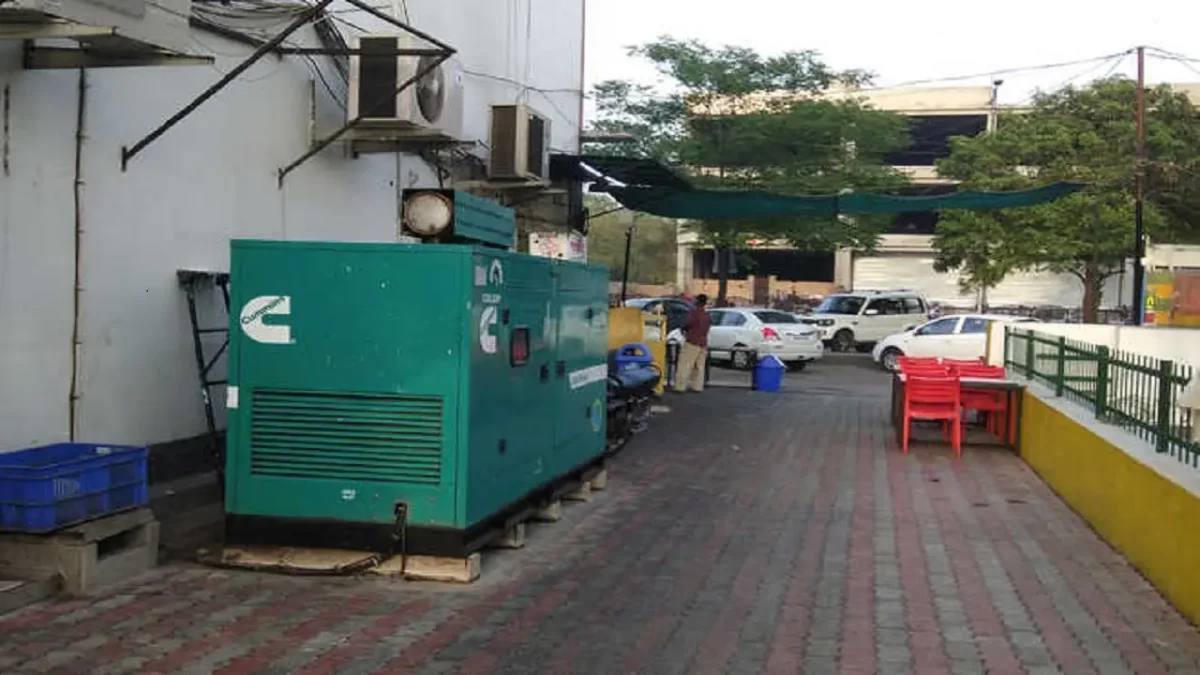Residents of Delhi-NCR are on the brink of facing a significant challenge, especially those dependent on diesel generators in some capacity. From October 1st, using diesel generators as an electricity source in the region will be prohibited. This decision has been made in light of increasing air pollution levels in the Delhi-NCR region, a measure taken to combat and reduce harmful emissions.
The restriction is going to inconvenience countless residents who rely on diesel generators. Many societies use these generators as a backup during power outages, and residents have made significant investments in these systems. What will they resort to once this ban is in place?
Furthermore, the government’s provision of an alternative has yet to materialize. The Central Pollution Control Board, overseeing air quality management in Delhi-NCR, initiated this directive. Under its guidance, all sectors, including industrial, commercial, and residential, are now barred from using diesel gensets.
The Graded Response Action Plan (GRAP), which enforces stricter regulations as pollution levels rise, will be in effect from October. Earlier in June, the board had provided a directive suggesting alternatives should be arranged by September 30th. Last year, some sectors received exemptions. Suggestions were made to use dual-mode fuel generators, which can run on both gas and diesel. Emphasis was also laid on retrofitting emission control devices to reduce pollution levels.
Although multiple directives from the air quality commission were issued between 2022 and 2023, implementing them has been a challenge. Most are unaware of the technical modifications required to utilize CNG or PNG in diesel generators. While larger societies might have anticipated such regulations and could have prepared, many remain unprepared.
The implications of this restriction are manifold. Multi-story buildings might face operational issues with elevators, which primarily rely on diesel gensets during power outages. Medical facilities could be hit hard, potentially affecting emergency services like ICUs and operation theaters. Workplaces and factories might also see disruptions in their operations.
While the intention behind this ban – reducing air pollution – is commendable, it’s evident that significant challenges lie ahead for Delhi-NCR residents. Proper planning, clear communication, and the provision of alternatives are imperative to ensure a smooth transition.
